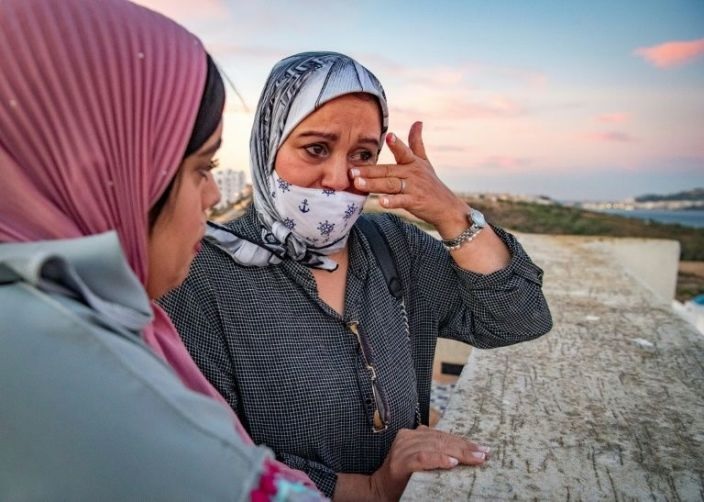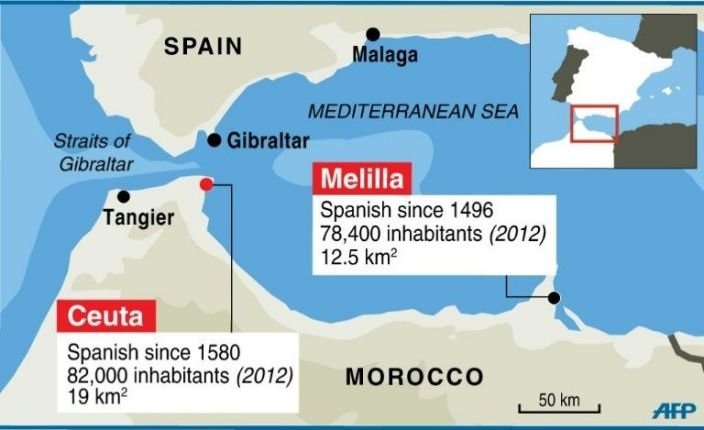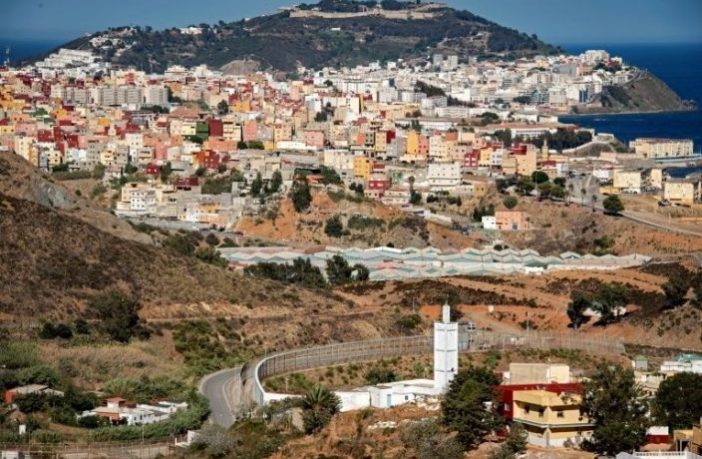Ismail Bellaouali
Thousands of Moroccans who once crossed into the Spanish enclaves of Ceuta and Melilla on the North African coast to work each day have lost their jobs because the borders are closed.
Thousands of Moroccans who once crossed into Spanish enclaves on the North African coast to work every day are struggling after six months of border closures due to coronavirus restrictions.
“Everything is at a standstill,” said 43-year-old Mohamed Bouhlal, who worries how to pay his rent. He fears he and his family will be thrown out of their home.
The frontiers of the two Spanish enclaves of Ceuta and Melilla, which have the only land borders between the European Union and Africa, have been shut since March in a bid to forestall the spread of the novel coronavirus.
But the pandemic restrictions have created problems.
“If the border does not reopen, I will have no other choice but to beg,” said domestic worker Fadwa, who worked for the past 18 years in Ceuta, less than 10 kilometres (six miles) from her home in Morocco.
While the border post is deserted, police keep a close eye on frontier.
The enclaves are surround by high barbed wire fences, erected in a bid to stop the large numbers of African migrants who seek to cross and enter the EU by land.
Fnideq, a small shopping town just across the border in Morocco, is usually crowded at this time of year. Now it is quiet.

– Thousands lost jobs –
More than 8,000 people — including restaurant staff and business traders, housekeepers and those working in tourism — have lost their jobs in the two enclaves, unions say.
Some 3,600 have been made unemployed in Ceuta, situated just across the Strait of Gibraltar from mainland Spain, and 5,000 have lost their work in Melilla, further east along the African coast, they say.
Chakib Merouane, the general secretary of Moroccan workers in Ceuta, said the situation was serious.
Some of those unable to cross the border have been dismissed, Merouane said.
But while those who opted to stay on the Spanish side kept their jobs, they have since faced other challenges.
They range from “divorce or depression, because they chose to be stranded from their relatives to keep their jobs”, he said.








